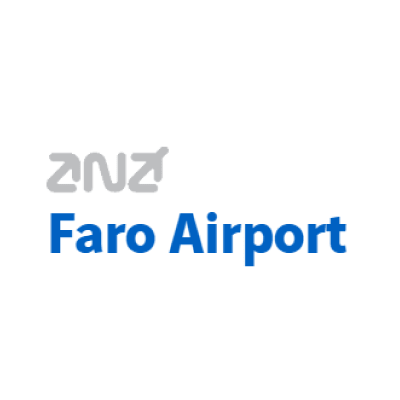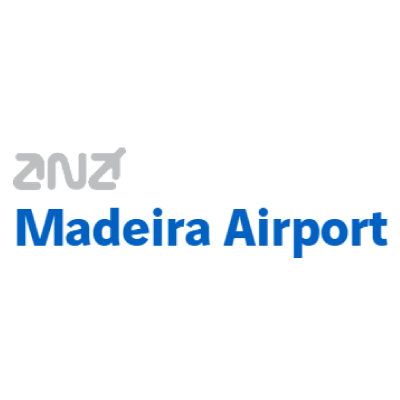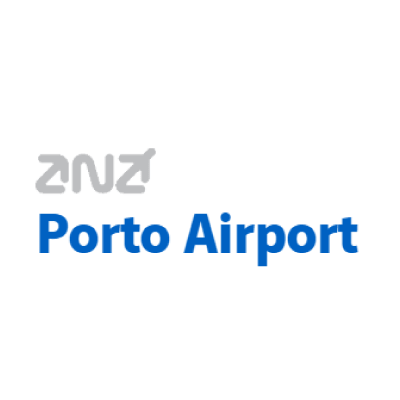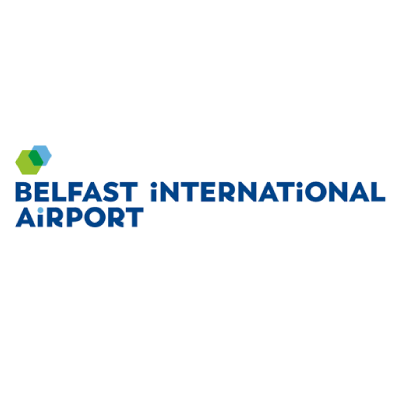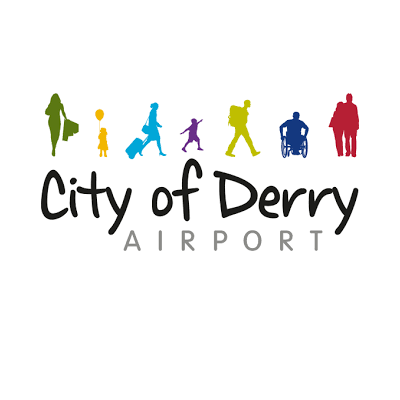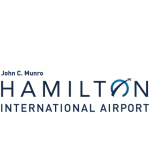Route development is the process by which airports demonstrate to their partnering airlines that sufficient demand exists to operate a new route profitably. While airports derive significant profit from non-aeronautical revenue (40% in 2019), which remains an area with massive potential, airport route development is still vital to driving an airport’s growth.
Today airports are considered valuable commercial partners with the expectation that they will share market information and commercial risks. As such, airlines rely on their airport partners for insider knowledge about consumer demand and profitable opportunities.
While airports are keen to develop a customer-centric view, focusing on customer experience and personalised marketing to capture data and build loyalty, it pays to share data with airline partners. After all, without the ability to support airlines, customer choice becomes limited, and the airport will suffer as a result.
So, the question is, how can airports use their travel marketing strategies to support route development, engage with customers, and identify new market opportunities? Let’s take a closer look…
How to support airline route development
Thanks to advanced tech solutions like the Rezcomm Marketplace, airports have the opportunity to engage more deeply with passengers, integrating CRM technology and advanced Business Intelligence into their operational and marketing strategies, and increasing customer value. It supports airports in getting to know their customers and offers real value to their airline partners.
Direct bookings for flights, car parking and other travel ancillaries provide a wealth of customer data that both airports and airlines can use to understand what passengers really want. Airports can also collect customer data in-terminal when passengers sign up for their WiFi and subscribe to receive marketing communications. When the airport sends out travel marketing, it essentially advertises routes and destinations for airline partners too.
Using travel marketing to engage customers
Once airports have their customers’ marketing permission, they can use communications to highlight exciting new airline partnerships and airline routes with special offers for people who wish to book.
It’s an excellent opportunity to engage customers with rich content, using strong images, video, virtual reality (VR), augmented reality (AR) and other valuable information to give a real flavour of the destination and the experience customers can enjoy.
From there, airports can use email tracking and data analytics to see how customers engage with their travel marketing content. Along with browsing and buyer behaviour, this gives some idea of the destinations customers are most interested in and, therefore, can inform route development decisions.
But decisions needn’t be based on marketing analytics alone. With an automated email sending service and data acquisition form builder at their fingertips, Rezcomm’s partnering airports have the tools they need to ask customers for their direct feedback. Throw in an incentive (it could be as simple as free coffee), and you can almost guarantee a proportion of an airport’s customer base will complete the questionnaire and supply the valuable feedback required.
We asked Sean Staff, Marketing Communications for Regional and City Airports, whether he saw a benefit in using airport travel marketing to support route development:
“Data is key to understanding what people want and what people respond to. Aside from doing the sophisticated stuff and looking at email and website analytics, the fact is, people are generally happy to tell you where they want to go. So what you can do is tailor marketing material to get an idea of the type of route people want to see and the type of air routes people enjoy having from their regional airport, and then make sure that all of that intelligence is shared regularly.”
Timing your airport travel marketing
It’s wise to run travel marketing campaigns alongside airport calendars, so the content and direction are proactive rather than reactive. Use data about buying habits to ensure your emails, social media and other travel marketing targets customers at a time when they are most likely looking to book a holiday.
This proactive approach is championed by the marketing team at Regional and City Airports, as Sean explains…
“What we’ve tried to develop at RCA is a really close relationship between the commercial team including aviation development, and including marketing and the marketing calendar, but also using the route development calendar to see what’s coming up in six months, or where sales are starting to weigh in, and making sure that those two calendars are aligned. That’s how we do it – by building really good relationships internally and making sure that all the content is tailored.”
Andrew Williamson, Commercial Product Manager, London Gatwick Airport, agrees that destination marketing can benefit route development when handled proactively.
“The state of play at the moment is certainly around taking quite a reactive approach. If we have a specific route that’s in a little bit of trouble, we’ve taken the view that this can be a channel to help try and fix those issues. But I think outside of that, typically, we use our travel marketing targeted around new routes and new airline launches, and that’s where this features in the calendar.
A good example is where airline business development at Gatwick is talking about seeing a weakness in the market in midweek flights and asking, ‘Can we be doing something? Is there a product or a proposition that we can use to target customer behaviour and try to influence it?
Currently, we use travel marketing as a strategic lever, knowing that it will cause a significant effect in the market and really kind of shift our customer behaviour towards where we want them to be.”
How technology can help your airport support its airlines
One of the ways airports can support their airline partners is with Rezcomm’s intuitive flight search widget. Flight search works similarly to a comparison site in that it enables customers to search for a destination and gain access to all of the flights available to them from their chosen airport.
The information is easily accessible, and with Rezcomm’s integrated ecommerce modules, booking is straightforward. It helps airports and airlines see which destinations and flights customers are most interested in and goes a long way to increasing load factors.
Identifying pinch points
Unfulfilled searches (where customers have searched for flights to a destination on an airport’s website with no matches) are equally beneficial to airports and airlines, as they indicate pinch points. Here they can see the routes customers are interested in but don’t currently have access to and determine their profitability.
Airport website data analytics offer a host of essential insights, including the most-searched routes and booking patterns. This information is invaluable to airlines when considering whether a new route is viable.
Andrew Phare, Head of Travel Services at Rezcomm, explains how airports can use Rezcomm’s analytics module to their advantage:
“Rezcomm’s powerful Analytics module takes the guesswork out of route development, and both airports and their airline partners can benefit from the data we hold from flight searches.
With visual and easy-to-access dashboards, Rezcomm partners gain access to a plethora of information, including top routes by revenue and bookings, products purchased and most searched routes. They will be able to view unfulfilled searches – where there is no availability, highlighting key pinch points in demand. Additionally, airports can look closer at the latency of bookings to see which routes book early and which book late.
Since launching our analytics dashboards, we’ve been working closely with our partners to ensure we maximise the output of that data, which is really relevant and really useful. It’s info that we use to run our business, it’s info that we’re happy to share, and it’s something from my perspective that we’re really excited by.”
Support your airline partners & drive airport route development with Rezcomm
Our plug and play online marketplace comprises travel, ecommerce, customer, marketing, business modules and more, equipping you with the tech you need to support your airline partners, drive route development and build a loyal customer base. Chat to our experts to discover the best solutions for your airport.

